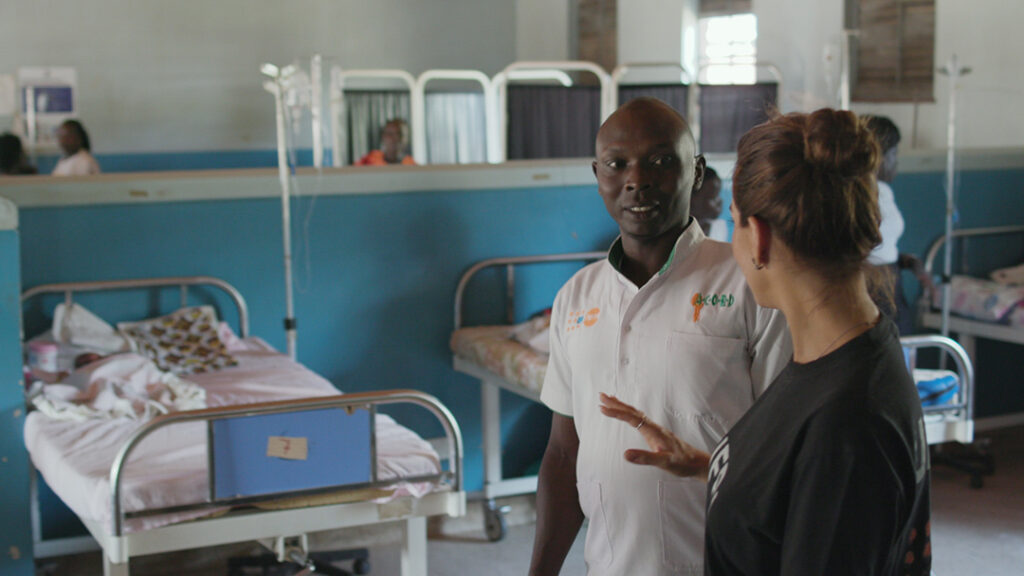ADF STAFF
When Uganda launched its COVID-19 vaccination campaign in mid-March, it included more than 1.4 million refugees living among its 45 million citizens.
Refugee settlements could lead to further COVID-19 outbreaks if refugees are not monitored and treated for the virus. Most refugees are fleeing violence in Burundi, the Democratic Republic of the Congo and South Sudan. Most live in settlements in northern and southwest Uganda.
Data Kenyi, one of four refugee welfare council members in northern Uganda’s Bangatuti village, said refugees have been closely monitored for COVID-19 since the country closed its borders in 2020 as the outbreak began.
“We tell them to observe the social distancing, hand-washing,” Kenyi told Voice of America (VOA). “There is no high rate of infection in the settlement. Whoever [arrives] new has to go for 14 days quarantine. From there, then they will join the community and be safe.”
However, refugee Esther Luma, who leads a 100-member church group, said many refugees struggle to adhere to safety precautions for basic reasons.
“We don’t have money for buying sanitizer and masks,” Luma told VOA. “Of course, the church has no budget. Even the facility for washing hands is also difficult for us” to access.
Ugandan health officials started vaccinating refugees in mid-May, but authorities say some refugees are hesitant to get the shot.
In Bangatuti, health officials are vaccinating refugees 50 and older to start.
Moses Lomoro is one of several village health team members who goes door to door to persuade refugees to visit a health clinic. Lomoro said in-person conversations have helped ease vaccine fears among older people.
“After getting a vaccine, some people have a reaction,” Lomoro told VOA. “Someone can have a fever and vomiting. So, these rumors have scared some of the community members. And also, other people, they have access to social media and give false information.”
Dr. Charles Onek, a medical officer with the International Rescue Committee, works to counter the misinformation.
“People have been wondering, if I get a severe form of reaction and maybe, I succumb to it, or I die. Will I be compensated?” Dr. Onek told VOA. “So, that answer has never been very clear. People are talking that if you receive a COVID vaccine, especially for men, you become impotent. No, this has been a myth and we have always been talking about it.”
Workers with Africa Humanitarian Action (AHA), which partners with the United Nations Refugee Agency, also visit refugee communities to inform people about COVID-19 and help them access health care.
Yakobo Kahesi, an AHA worker in Kampala, said the work can be difficult, but he has learned to celebrate positive outcomes.
“My day would always be made when I’d hear of the people we helped get to hospital, like a mother holding her newborn baby in her arms,” Kahesi said in a story on the World Health Organization’s website. “Her gratitude at the support we provided makes it all worthwhile.”

